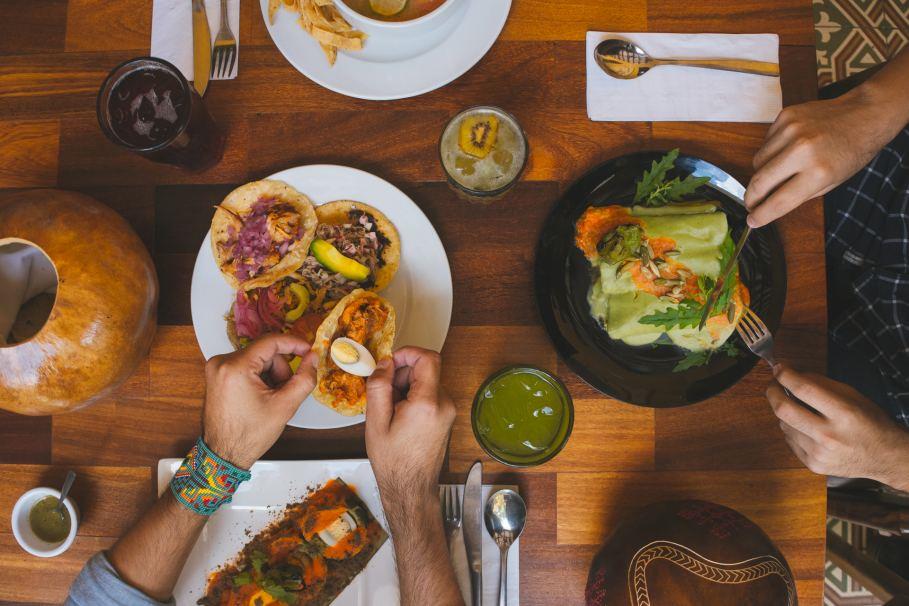(MENAFN- PRLog) 1 2 3

Capture One Catalog0013 Copia
Gastronom A Pandecaz N Latradici N249
Yucatan Foto 13 MERIDA, Mexico - June 10, 2022 - PRLog -- The state of Yucatan's Ministry of Tourism (SEFOTUR) will launch a new campaign aiming to increase awareness of the state's culinary offering, rich cultural history, and current modern gastronomy as an important part of its tourism offering. Position the state as one of Mexico's foodie destinations to expand tourism to all regions of the state and develop new products. Starting on June 18, the World Day of Sustainable Gastronomy, and promoting under the hashtag #YucatanIsFlavor, the campaign highlight the recipes, ingredients, and gastronomic experiences of the Yucatan.
Yucatán gastronomy is culturally rich in traditions that bring together Maya, Spanish, Caribbean, Dutch and Lebanese influences. It mixes ingredients such as corn, tomato, and beans, with endemic products such as habanero chili, sour orange, and the popular Achiote, used to create a red paste called recado that is used in tamales and over proteins, most popularly wild turkey and pig.
Some of the more traditional dishes of the state of Yucatan include Sopa de Lima (chicken broth seasoned with local Yucatecan lime), Huevos Motuleños (tortilla with beans and fried eggs), and the Cochinita Pibil (pork marinated in Achiote paste and sour orange juice and cooked in an underground pit). Visitors to the state will find these dishes served at posh haciendas converted into restaurants or hotels, other may take a meal in the home of the living Maya, while visiting the southern part of the state and the PUUC route.
'Gastronomic tourism has a very strong element of sustainability, like the actions we have taken efforts in, it is an exertion that seeks to include, diversify, decentralize… that seeks the endemic, the organic, the authentic, being a very noble segment, and in Yucatan,' said Michelle Fridman, Minister of Tourism. 'We have a great diversity of ingredients and dishes, we have a gastronomic narrative that few destinations in the world have, from Mayan techniques and ingredients and the different migrations to the footsteps of other cultures in the region.'
She added that this type of tourism will allow, in the year of economic recovery, to bring benefits to the communities that need it the most, since in these areas is where many of the ingredients and supplies that are consumed in the restaurants are produced.
For more news:
Contact
Gustavo A Rivas-Solis
***@gmail.com
Photos:
MENAFN10062022003745003076ID1104356506
Legal Disclaimer:
MENAFN provides the information “as is” without warranty of any kind. We do not accept any responsibility or liability for the accuracy, content, images, videos, licenses, completeness, legality, or reliability of the information contained in this article. If you have any complaints or copyright issues related to this article, kindly contact the provider above.